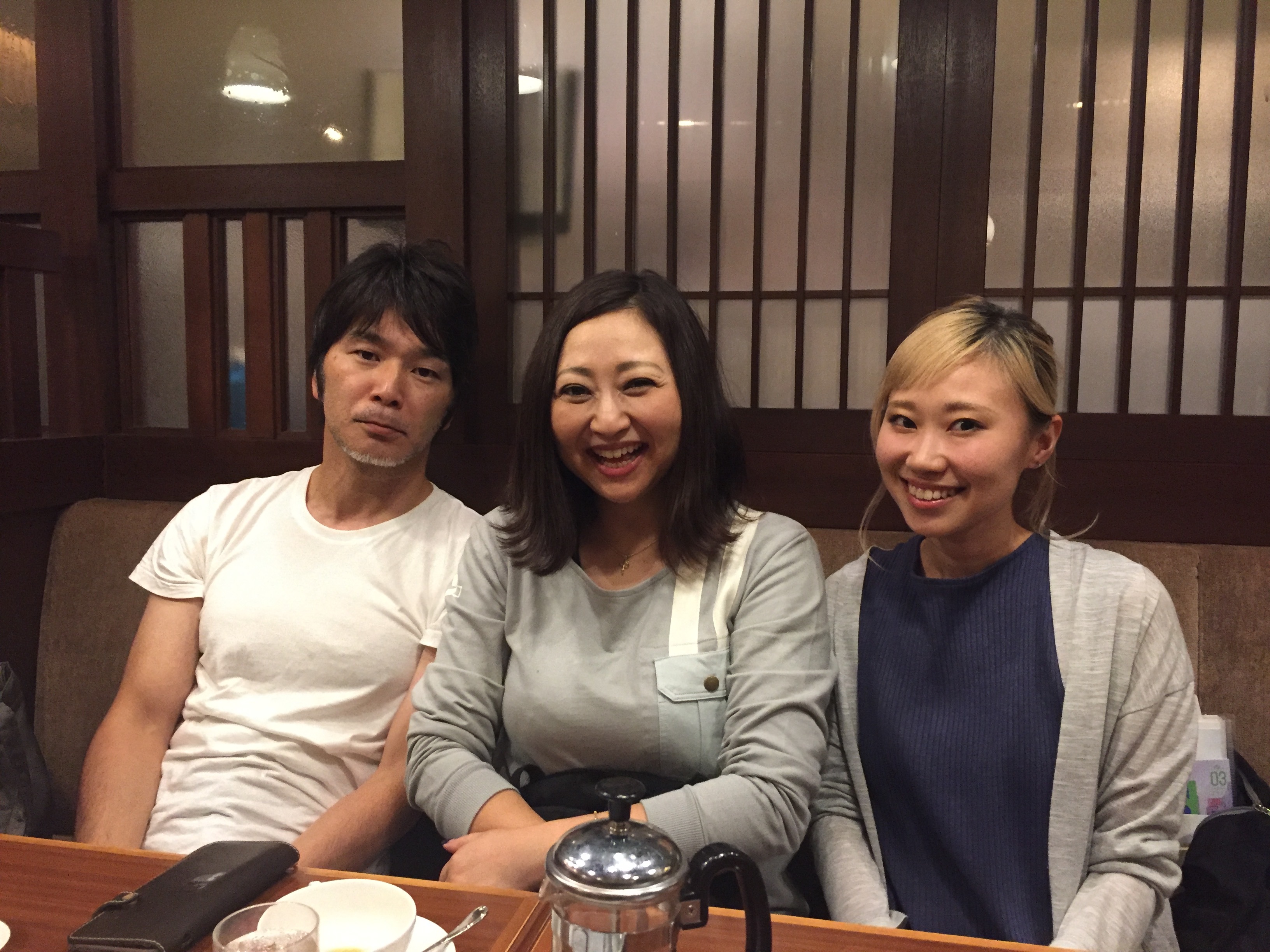Charity Interview Series – Part 4 – NPO BOND Project
NPO BOND Project supports young women who are going through problems such as sexual abuse, bullying, and suicidal urges by connecting with them via e-mail, telephone, and in person. These young women are able to express and be themselves with BOND Projects staff engaging and listening. By publishing the “VOICES MAGAZINE,” BOND Project publishes live voices of victims, and if needed, connect them to various supporting agencies. FIT Comms members have met with BOND Project staff to listen to their stories.

(From the left) BOND Project photographer KEN, top representative Jun Tachibana, and staff Natsuko Takeshita
FIT: What triggered your decision to start helping these girls, and how did you feel at the time?
Tachibana: Previously I had been helping with runaway girls, who had no home or could not remain at home. One day I met a pregnant, young woman. She was living on the streets, and was in no condition to give birth to a child or look after a child.
I looked for an agency that could immediately help her but I couldn't get any help without making a reservation beforehand. These girls needed someone who could take them to a hospital, or who they could talk to for help, and provide the attention they needed right away. Hence, I decided to set up BOND Project to fill in that role.
FIT: Please give me a recent example of what NPO Bond had been engaging.
Tachibana: With the donation we received from FIT last year, we purchased a “BOND Car,” and we have been putting it to good use lately. For example, just recently we got in touch with a junior high school girl who had posted on Twitter that she had run away from home, and she was willing to offer sex for money and hospitality. With the help of our community, we were able to locate her, pick her up with the BOND Car, and bring her to BOND Project’s safe house. We took her to a shelter a week later, where she was able to receive some help. Without the car we would not have been able to respond immediately and prevent her to become a victim.
FIT: So your activities also involve detective like work?
Tachibana: That's right. Timing is everything. It's possible to rescue girls quickly with a vehicle. The car has also allowed us to travel and meet those in need outside of Tokyo, and gives the young women in need comfort in the fact that we can respond and meet with them right away. We have only just started using the car, and I'm always thinking how we can find new ways to take advantage of that.
FIT: What's it like talking to these girls on the streets?
Takeshita: Talking to some girls can be impossible. But many are willing to talk. It really depends on their attitudes, and also what kind of adults they have been in contact with. We start with daily conversation starters like, "Why are you in Shibuya today?" We also tell them about what we're doing and show them our magazine.

FIT: What happens when the girls refuse to talk or stop speaking?
Tachibana: Their silence is also a way of expressing "voice." We are patient.
Takeshita: Even in their silence, they are thinking through many things. It requires perseverance.
FIT: Ken-san, do you try to convey any message with your photographs of the girls in Voices Magazine?
Ken: Instead of focusing on message to convey, we simply focus on taking good photos that the girls will like. I never use photos of the girls that they don't like. And we always listen to their stories before I pick up the camera.
Tachibana: Ken always accompanies us when we visit the girls.
FIT: Do you ever get depressed when you hear their stories?
Takeshita: We talk. We share their stories with our colleagues. No one bears the burden alone. It's tough sometimes but we need to hear their voices.
Tachibana: To "just listen" to the girls is very difficult. But by listening to them, and having them trust us, that helps us meet them again. We were able to meet many girls several times by just listening.
FIT: Was there a case that made you happy?
Tachibana: Two years ago, a nurse came to talk to us. She told us she had thoughts of suicide. After we had a chat, she was able to confront those feelings. She later came back to us when she had those feelings again. I would've thought that because she is a nurse that she had better avenues to find help, but she came to us instead. She chose us to hear her story and this made me proud.
FIT: How are you spreading the word on the help you offer?
Tachibana: If people type “I want to die,” or “I want to disappear," NPO Bond shows up in the internet searches. Our contacts are also on all sorts of social media, including Twitter. Just by being active, we can increase our visibility and our ability to help.
FIT: Thank you very much for your time.
For more information on BOND Project please visit their website at http://bondproject.jp/


